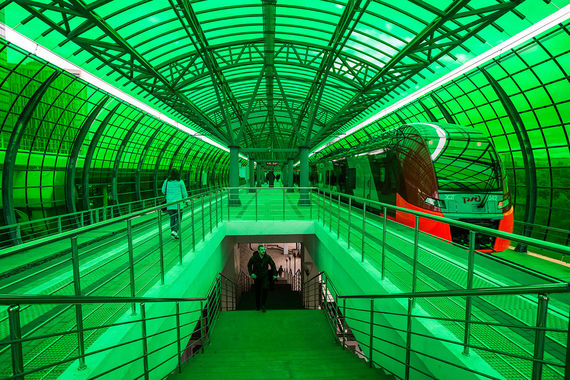
However, rapid changes are not to be expected. When it comes to a project capable of significantly changing the city’s transport infrastructure, it is not worth expecting a quick revitalization of the nearest industrial zones or the emergence of new residential quarters, explains Olga Shirokova, Director of the Consulting and Analytics Department at Knight Frank. In general, the Moscow Central Circle (MCC) can be an additional factor in deciding to start construction, but is not the only or main factor. Housing around the MCC obviously needs to be plentiful – after all, transport projects are developed to make it convenient for people to live and commute to work and home, notes Shirokova. Accordingly, the density of development there may be higher than the average in Moscow. The key is for new projects in MCC areas not to lead to a density exceeding 25,000 sq. m per hectare, so that there are no issues with the overload of the transport infrastructure again, she warns.


